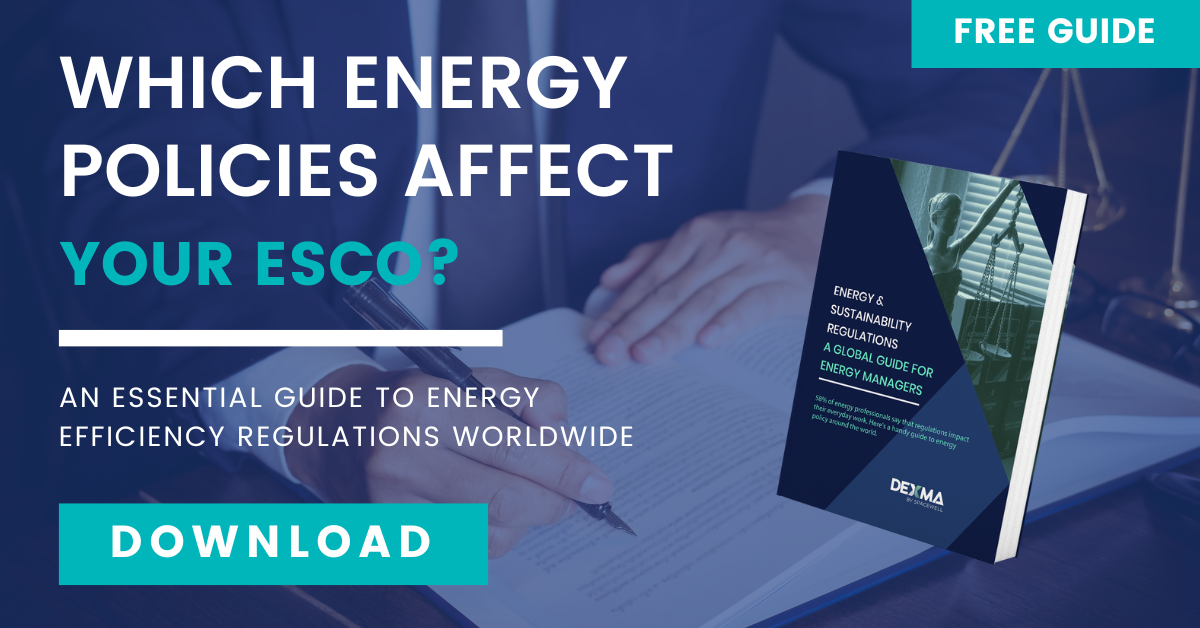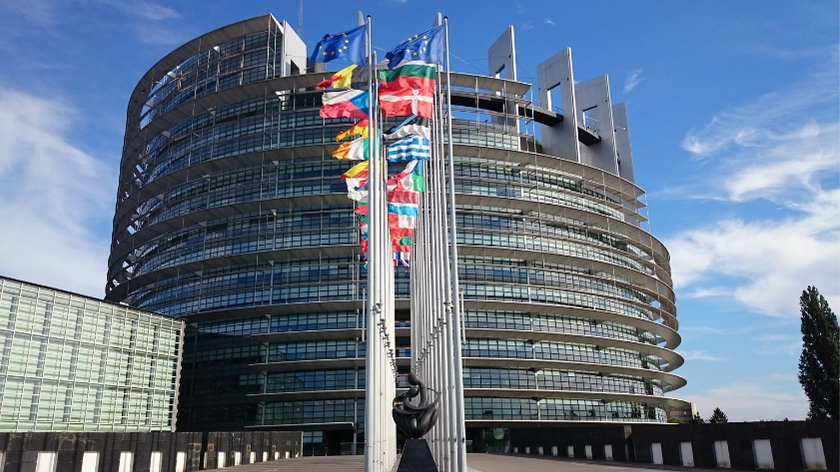With most of us celebrating the arrival of spring, it’s the perfect time to take a closer look back at the European Union Winter Package and how the changes will affect the everyday work of energy professionals in the short and medium term.
What is the EU Winter Package?
Announced on November 30th 2016, the aim of this legislative package is to make the EU the competitive global leader of the clean energy transition.
Don’t forget that the EU has committed to a 40% reduction in CO2 emissions by 2030. The proposals within the winter package are focused on three parts:
- Putting energy efficiency first
- Providing fair deals to consumers
- Becoming global leaders in renewable energy
According to the EU:
The global clean energy transition has started and it is irreversible.
The European Union not only wants to adapt, but to lead.
Legal Changes in the EU Winter Package
The EU has announced that two directives will be affected immediately:
1. The Energy Efficiency Directive
- Read the proposed changes here.
- The requirement for energy suppliers and distributors to save 1.5% of energy each year will be extended beyond 2021 to 2030.
- Provisions on metering and electricity billing will be consolidated under the Internal Market legislation, and will not be regulated under the new Directive.
2. The Energy Performance Buildings Directive
- Check the legal text here. Changes include:
- Encouraging the use of ICT and modern technologies, including building automation and charging infrastructure for electric vehicles, to ensure buildings operate efficiently
- Incorporating provisions on long-term renovation strategies
- Boosting the installation of recharging points for electric vehicles where they are most needed, i.e. in private spaces;
- Clarifying requirements for feasibility studies before buildings are commissioned
- Making more and better data on buildings available to market actors, through collecting actual energy consumption data and more robust Energy Performance Contracting (EPC) databases.
As for the Directive on Ecodesign and Building Labels:
- There’s a new Ecodesign Working Plan in force until 2019. This plan includes a new list of products: building automation and control systems; electric kettles; lifts; refrigerated containers; hand dryers; high-pressure cleaners and photovoltaic systems.
- New minimum energy efficiency requirements for air heating and cooling products
- Standardisation for solid fuel boilers and local space heaters.
To sum up, new and more restrictive standards and goals are on the way in Europe. Not only the binding 30% reduction on energy consumption that European Union wants to achieve by 2030, but also more restrictive measures for products and vehicles.
Sounds scary? It doesn’t have to – in fact, regulations can be your best friend! Read on to discover how your customers will benefit from the EU Winter Package.
Benefits for Your Clients
Basically, the first and most important benefit is the additional funding that comes with the EU Winter Package announcement. Raising money to start new energy efficiency projects is a problem for 33% of energy professionals:
For instance, there’s a new fund coming called Smart Finance for Smart Buildings. The initiative is slated to unlock € 10 billion in public and private funds until 2020. This money will be used to address building efficiency issues as well as support retrofitting, renewables and energy efficiency.
A second programme called The European Fund for Strategic Investment (EFSI 2.0) has just been extended with more funds from the Winter Package. Until now, only 22% of the EFSI investments approved by the European Investment Bank were related to energy projects. The EU Winter Package promises to put more focus on sustainability and energy efficiency going forward.
From now until 2020, a total investment of € 500 billion will be made, with a commitment to invest at least:
- 40% of EFSI resources toward climate action, in line with the commitments under the Paris climate agreement
- 20% of the EU budget should go to climate-related expenditure
The Ecodesign program is also interesting for ESCO clients, especially for those working in manufacturing.
To sum up, the Winter Package spells good news for ESCOs, energy managers and their clients. Make sure you use it as a sales tool!
We’ll leave you with some of our favourite quotes from the EU on energy efficiency.
- The most efficient energy is that which is not consumed – as it results in less energy use.
- Energy efficiency is one of the five dimensions of the Energy Union which is a non-regret option for the EU.
- Achieving decarbonisation by 2050 is cheaper in the long run with a 30% energy efficiency target in 2030 as average annual system costs are € 9 billion lower than with a 27% energy efficiency target only.
- Energy efficiency contributes to the reduction of greenhouse gases and goes hand in hand with renewable energies to enable the energy transition.
To learn more about how energy efficiency policies and regulations around the world can affect your ESCO, get our free-to-download guide for energy managers:




